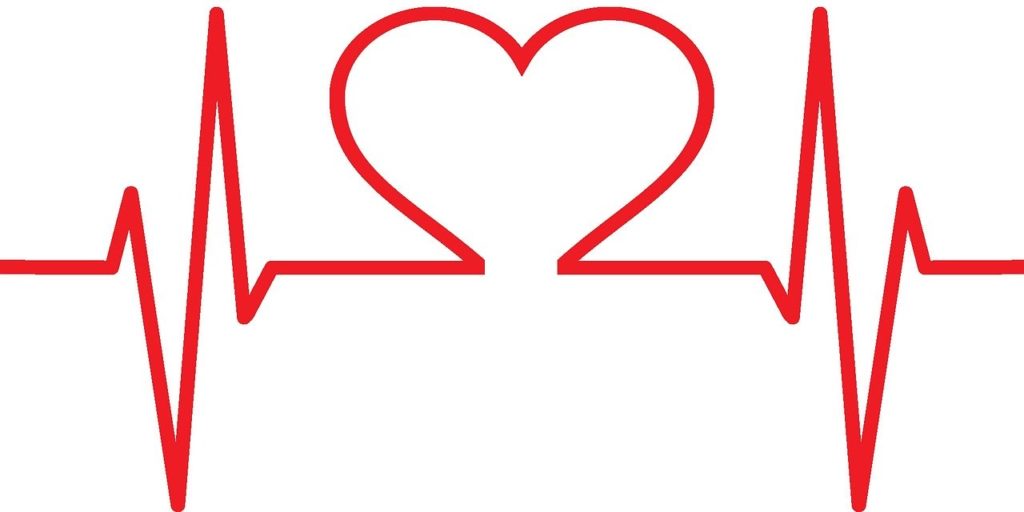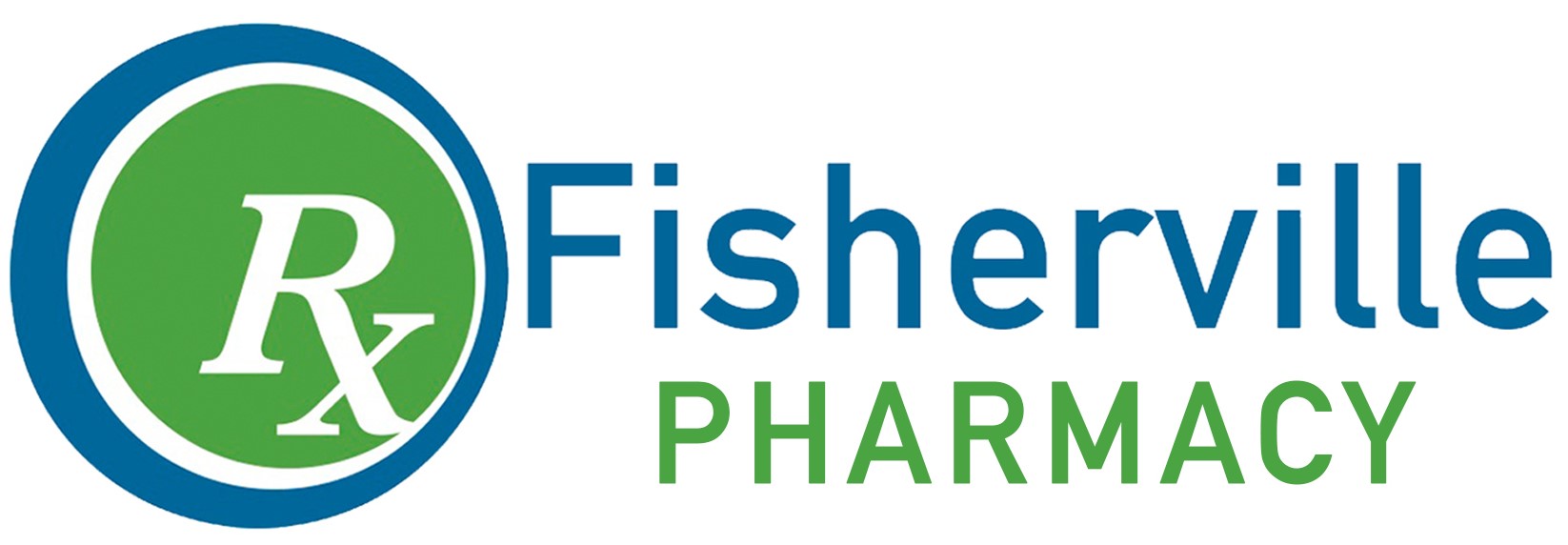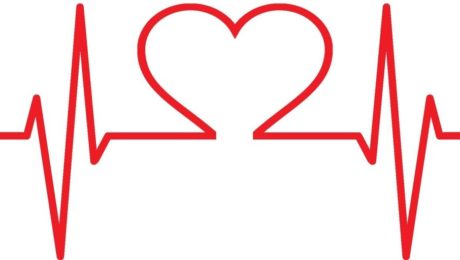Should you skip routine doctor visits during the Covid-19 pandemic?

On March 13, 2020, a national emergency was declared in the U.S., and we all hunkered down in the safety of our homes to help slow the spread of Covid-19. Now five months into the pandemic, social distancing has led to another phenomenon – medical distancing.
So, should you be avoiding routine trips to the doctor? The short answer is no – in fact, they may be more important now than ever.
Vaccines and preventative care for children
The Vaccines for Children Program (VFC) and Centers for Disease Control and Prevention’s Vaccine Tracking System both indicate a significant decrease in childhood vaccinations since March.1 Unvaccinated children are vulnerable to serious but preventable illnesses that are still very much present in society, including measles and pertussis (whooping cough). Preventative care is vital for children, and parents should continue with their regular schedule of care.2 And, of course, be sure to follow Covid-19 protocols such as washing hands in soap and water or using an alcohol-based hand sanitizer, practicing social distancing, and wearing surgical or cloth masks when visiting your child’s doctor’s office to make the trip as safe as possible. (Note: the CDC recommends that children older than two years of age wear a mask; if you have questions about whether your child should wear a mask, consult your physician).
Don’t avoid treatment out of fear
Adults have also been avoiding the doctor in recent months, with reports of patient levels dropping by as much as 20-30%.3 Ignoring troubling symptoms such as chest pain/pressure, breathing difficulties, vision changes, fever, pain, etc. is dangerous. If you are experiencing a medical issue or worrisome change in health, call your doctor to discuss your symptoms; they may advise you to make an appointment or direct you to an urgent care facility or nearest ER. For a medical emergency, do not hesitate to call 911. Whether it is routine care from your doctor or picking up prescriptions and over the counter medications from your pharmacy, you should never avoid treatment out of fear of contracting the coronavirus.
It is particularly important to continue to monitor and treat chronic health conditions. If you are living with a chronic condition such as diabetes, heart disease, COPD, asthma, etc., this has undoubtedly been a particularly scary time for you. If you have been staying home as much as possible and avoiding contact to limit your risk of exposure, you have been doing exactly the right thing. But it is essential that you continue to monitor and treat your chronic condition. Keep in touch with your physician, let them know about any concerns and changes, and stick to their prescribed schedule of treatments or tests.
The rise of “Telehealth”
Your doctors and medical facilities have been working hard to make getting care safer, from in-office protocols for patients and staff, to adopting new technology to consult with and treat patients virtually. Telehealth – meeting with your doctor by telephone or online – not only reduces your risk of exposure, it may even help to reduce overall healthcare costs long-term. Even Medicare recipients can now take advantage of Telehealth; Congress temporarily lifted Medicare restrictions on Telehealth services and also eased limitations on the types of technologies providers can use to communicate with patients, such as Skype, FaceTime, Facebook Messenger, etc. While Telehealth will never fully replace in-person care, it has provided physicians with a convenient way to continue to treat their patients and monitor chronic health concerns while allowing patients the peace of mind of staying home.4,5
We’re here to help
We know that these are worrying times, and we are taking every precaution possible with protocols and new services in place to protect your health and safety. We are always here – for you, your family, and your health.
Nothing herein constitutes medical advice, diagnosis, or treatment, or is a substitute for professional advice. You should always seek the advice of your physician or other medical professional if you have questions or concerns about a medical condition.
Sources
- Centers for Disease Control and Prevention: Effects of the COVID-19 Pandemic on Routine Pediatric Vaccine Ordering and Administration — United States, 2020 https://www.cdc.gov/mmwr/volumes/69/wr/mm6919e2.htm Last accessed: July 15, 2020
- Cleveland Clinic: Why Your Kids Should Still Get Vaccinated During the Coronavirus Pandemic https://health.clevelandclinic.org/why-its-important-to-maintain-your-kids-vaccinations-in-the-time-of-coronavirus/ Last accessed: July 15, 2020
- John Hopkins Medical: Don’t Avoid Your Doctor During the Coronavirus Pandemic https://www.hopkinsmedicine.org/health/conditions-and-diseases/coronavirus/dont-avoid-your-doctor-during-the-coronavirus-pandemic Last accessed: July 15, 2020
- PBS: Ready to See Your Doctor but Scared to Go? Here are Some Pandemic Guidelines https://www.pbs.org/newshour/health/ready-to-see-your-doctor-but-scared-to-go-here-are-some-pandemic-guidelines Last accessed: July 15, 2020
- To The Point: The Benefits of Telehealth During a Pandemic — and Beyond https://www.commonwealthfund.org/blog/2020/benefits-telehealth-during-pandemic-and-beyond Last accessed: July 15, 2020
- Published in Healthy Living Blog Posts
Protecting Yourself and Others from Coronavirus (COVID-19)

We are learning more and more about Coronavirus (COVID-19) and moving closer to effective treatments and eventually a vaccine. We can all play our part to slow the spread by following the CDC’s guidelines.
How it spreads
According to the CDC, Coronavirus is thought to primarily spread from person-to-person – those who are in close proximity (within six feet) and through droplets from coughs or sneezes.
Who is at risk?
Anyone can get COVID-19, but older adults and those with preexisting conditions have been the most vulnerable to COVID-19’s more serious consequences. If you have chronic medical conditions such as heart disease, diabetes, or lung diseases (including asthma), take extra precautions. Be sure to follow recommendations from the CDC as well as local mandates.
Minimize your exposure
While the Coronavirus is not the flu, the recommended steps to avoid it are similar:
- Wash your hands. Soap and water are your most powerful defenses against exposure to all viruses, including both influenza and COVID-19. Wash your hands often for a minimum of 20 seconds, especially if you have been in a public place or have coughed or sneezed. Wash thoroughly, including between your fingers, under your nails, and up your wrists. Soap and water are best, but in a pinch use a hand sanitizer that is at least 60% alcohol, rubbing your hands together until dry.
- Don’t touch your face.Viruses can enter through your mouth, nose and eyes so minimize contact with these vulnerable spots as much as you can.
- Keep your distance.Avoid crowded places and keep your distance from others as much as possible (at least six feet)
What to do if you get sick
- While most people who contract COVID-19 will only experience mild symptoms, it is incumbent upon all of us to protect those who are most vulnerable to the virus.
- Stay home. Do not go to public spaces or take public transportation. Do not leave the house until you have not had a fever without the use of a fever-reducing medication for at least 72 hours and other symptoms such as a cough or shortness of breath have improved. If you were tested for COVID-19 and will be tested to determine if you are still contagious, follow your doctor’s directions about when it is safe for you to leave home; your doctor will follow CDC protocol.
- Call your doctor. Call your doctor if you develop a fever, cough, or shortness of breath. If you need to go to your doctor’s office, walk-in clinic, or the emergency room, be sure to call ahead so that they can prepare. If you need to call 911, tell the operator that you have or may have COVID-19.
- Separate yourself. Isolate yourself as much as possible within your home, keeping others out of your bedroom and, if possible, using a separate bathroom to avoid getting family members sick.
- Cover your coughs/sneezes. Use a tissue and discard it in a lined trash can then wash your hands with soap and water or use an alcohol-based hand sanitizer if soap and water isn’t available.
- Wear a face mask. When interacting with others or entering a medical facility, you should wear a face mask if one is available. Caregivers should wear a face mask when tending to someone who is sick.
- Clean high touch surfaces often. Clean and disinfect your room and bathroom while leaving other areas of the house to family members to clean and disinfect. Be sure to clean such high-touch surfaces as phones, remote controls, counters, tabletops, doorknobs, fixtures, toilets, and keyboards. If a caregiver needs to clean the room or bathroom of someone who is sick, they should wear a mask and not clean the bathroom immediately after use.
- The CDC recommends cleaning with soap and water and then use a household disinfectant. Be sure to follow the instructions on the product label to ensure effectiveness and safety. For a full list of EPA-registered household disinfectants, visit EPA.gov.
Where to get information
The Centers for Disease Control and Prevention (CDC) has set up a web page to keep the public informed and updated about COVID-19: https://www.cdc.gov/coronavirus.
We’re here to help
Your local Health Mart pharmacist is always here for you, and we are happy to answer your questions.
Nothing herein constitutes medical advice, diagnosis or treatment, or is a substitute for professional advice. You should always seek the advice of your physician or other medical professional if you have questions or concerns about a medical condition.
Source: Centers for Disease Control and Prevention: https://www.cdc.gov/coronavirus Last accessed: March 18, 2020
Posted on Wed, April 1, 2020 by Health Mart
- Published in Healthy Living Blog Posts
7 Steps to a Happy Heart

Did you know that 80% of cardiovascular disease (CVD) can be prevented? You can reduce your likelihood of heart disease, heart attack, stroke, and heart failure.
Are you doing everything you can to avoid heart disease? Controlling high blood pressure and high cholesterol through healthy habits is the key to ensuring long-term heart health.1
7 steps to a happy heart
- Don’t smoke. Improved heart health begins within a day of quitting.2 Make 2020 the year you become a non-smoker. Talk to your local pharmacist for recommendations on over the counter or prescription remedies that can help.
- Exercise. Regular exercise can help reduce your chances of developing high blood pressure and high cholesterol. It can also help you maintain a healthy weight and reduce your chance of developing diabetes.1,2
- Eat healthfully. Limit salt, sugar, alcohol, saturated and trans fats, and processed carbohydrates for a heart-healthy diet.
- Stay fit. Did you know that waist circumference can be an indicator of heart disease risk? Your risk is higher if your waist measurement exceeds 40” if you are male or 35” if you are female. A BMI of 25+ is considered overweight and could be associated with higher blood pressure or cholesterol.2
- Catch some Z’s. Are you getting at least seven hours of sleep each night? Studies have indicated that not enough sleep is associated with higher stress, increased inflammation, high blood pressure, and weight gain – all heart disease risk factors.1
- Don’t stress. Find healthy ways to manage your stress such as physical activity, relaxation exercises, or meditation.2
- Know your numbers. Monitor your blood pressure and cholesterol levels regularly and get screened for diabetes if you’re are over the age of 45 or have risk factors for the disease. Did you know that many independent pharmacies offer screenings?2
Know the signs of a heart disease
- Symptoms may vary from person-to-person – some people may show no symptoms at all until they experience a sudden complication such as a heart attack. Signs of chronic heart disease might include:
- Angina (pressure, squeezing, burning, or tightness, typically felt behind the breastbone, but it can also occur in the arms, shoulders, jaw, throat, or back)
- Indigestion
- Anxiety
- Fatigue
- Neck pain3
- Did you know that men and women can experience heart attacks much differently? Symptoms could include:
- Heavy pressure on the chest
- Sharp upper body pain in the neck, back, and jaw
- Severe shortness of breath
- Cold sweats
- Unusual fatigue
- Dizziness/ light-headedness
- Nausea or vomiting4
Men are more likely to report classic symptoms of a heart attack such as pain that starts in their chest and radiates to their jaw and arm. Women are more likely to experience symptoms such as nausea, dizziness, shortness of breath and fatigue, even stomach pain. Because these symptoms can be associated with other, less threatening illnesses, women are more likely to delay treatment, often with devastating consequences. Prompt treatment offers your best chance for surviving a heart attack.5
We’re here to help
Your Health Mart pharmacist can be a key resource in helping you maintain you heart health, before or after a heart disease diagnosis. Talk to your local pharmacist for advice, we are always here for you.
Nothing herein constitutes medical advice, diagnosis or treatment, or is a substitute for professional advice. You should always seek the advice of your physician or other medical professional if you have questions or concerns about a medical condition.
Sources
- Harvard Medical School: Four keys to prevent cardiovascular disease https://www.health.harvard.edu/heart-health/four-keys-to-prevent-cardiovascular-disease Last accessed: January 7, 2020
- Mayo Clinic: Strategies to prevent heart disease https://www.mayoclinic.org/diseases-conditions/heart-disease/in-depth/heart-disease-prevention/art-20046502 Last accessed: January 7, 2020
- UChicagoMedicine: Why women often don’t recognize heart attack symptoms https://www.uchicagomedicine.org/forefront/heart-and-vascular-articles/why-women-often-dont-recognize-heart-attack-symptoms Last accessed: January 7, 2020
- CDC: Women and Heart Disease Prevention https://www.cdc.gov/women/heart/index.htm Last accessed: January 7, 2020
- NIH: Ischemic Heart Disease https://www.nhlbi.nih.gov/health-topics/ischemic-heart-disease Last accessed: January 7, 2020
- Published in Healthy Living Blog Posts




